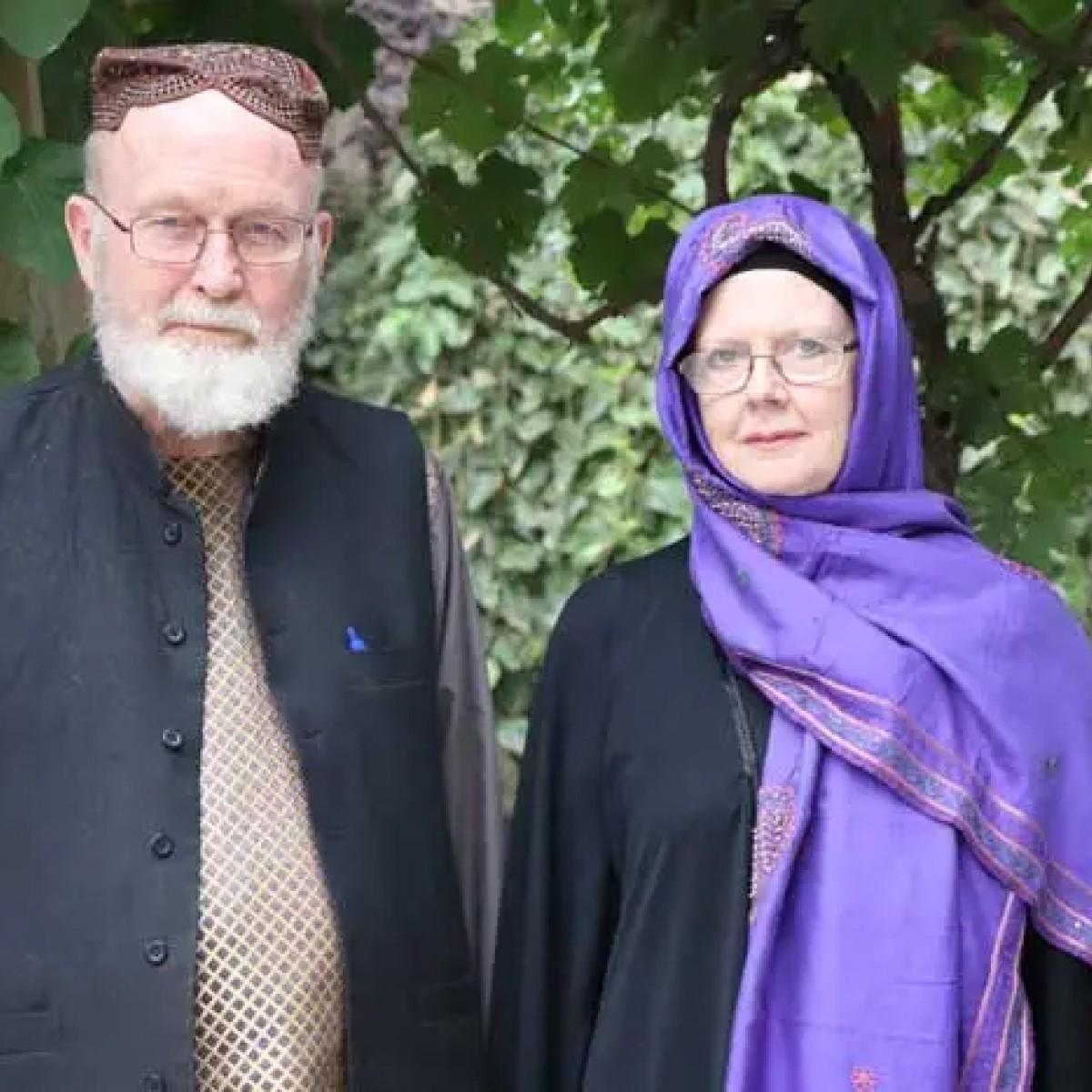The Impact of Barbie Reynolds’ Work in Afghanistan

Introduction
Barbie Reynolds has become a notable figure in humanitarian efforts in Afghanistan, where her work has significantly contributed to the local community’s resilience amidst ongoing challenges. With a focus on education and women’s empowerment, her initiatives highlight the pivotal role that international aid workers play in regions affected by conflict. Reynolds’ dedication exemplifies the potential for change through grassroots efforts, making her story particularly relevant in today’s geopolitical climate.
Barbie Reynolds’ Initiatives
Arriving in Afghanistan in 2018, Barbie Reynolds recognised the urgent need for educational resources and support systems within the country. A former educator from the UK, she committed herself to building schools in remote areas, aiming to provide access to quality education for girls who are often deprived of such opportunities. Through her non-profit organisation, “Educate Her Future”, Reynolds has successfully established five schools in provinces like Bamiyan and Herat, providing education to over 1,000 girls.
Reynolds has also implemented vocational training programmes that equip women with essential skills, ranging from sewing to computer literacy, allowing them to gain financial independence. This multifaceted approach not only empowers women but also fosters a sense of community among families, as daughters are encouraged to pursue their education.
Challenges Faced
Despite her successes, Barbie Reynolds faces numerous challenges in her efforts. The political instability in Afghanistan, coupled with cultural barriers, often puts her projects at risk. The return of the Taliban in 2021 marked a significant setback for women’s rights, and many educational institutions have faced closure. Nonetheless, Reynolds remains undeterred, advocating for continued support and protection of women’s educational rights.
Conclusion
The impact of Barbie Reynolds’ work in Afghanistan illustrates both the triumphs and struggles of humanitarian efforts in the region. Her story is a testament to the resilience of the human spirit and the necessity of educational initiatives in conflict zones. As international attention refocuses on Afghanistan, the ongoing support for figures like Reynolds is crucial in ensuring that the hard-won progress in education and women’s rights is not lost. With continued advocacy and action, there is hope for a brighter future for the women and girls of Afghanistan.
